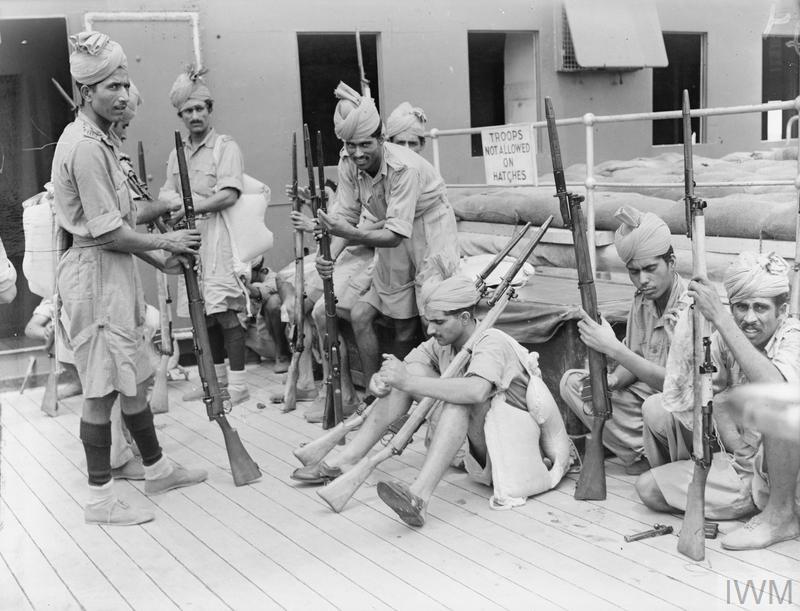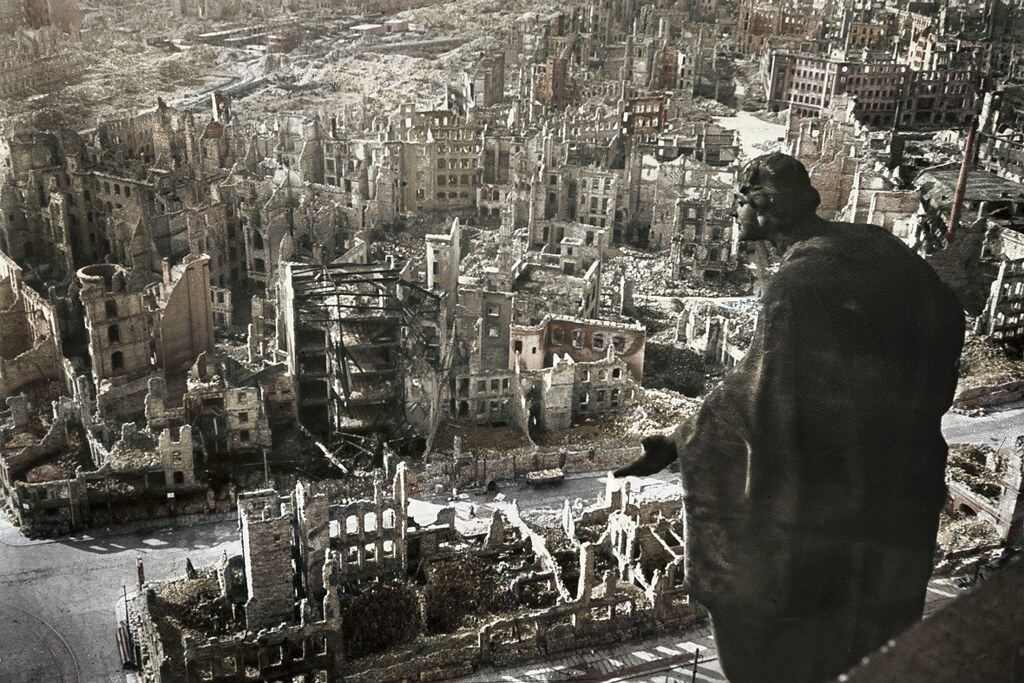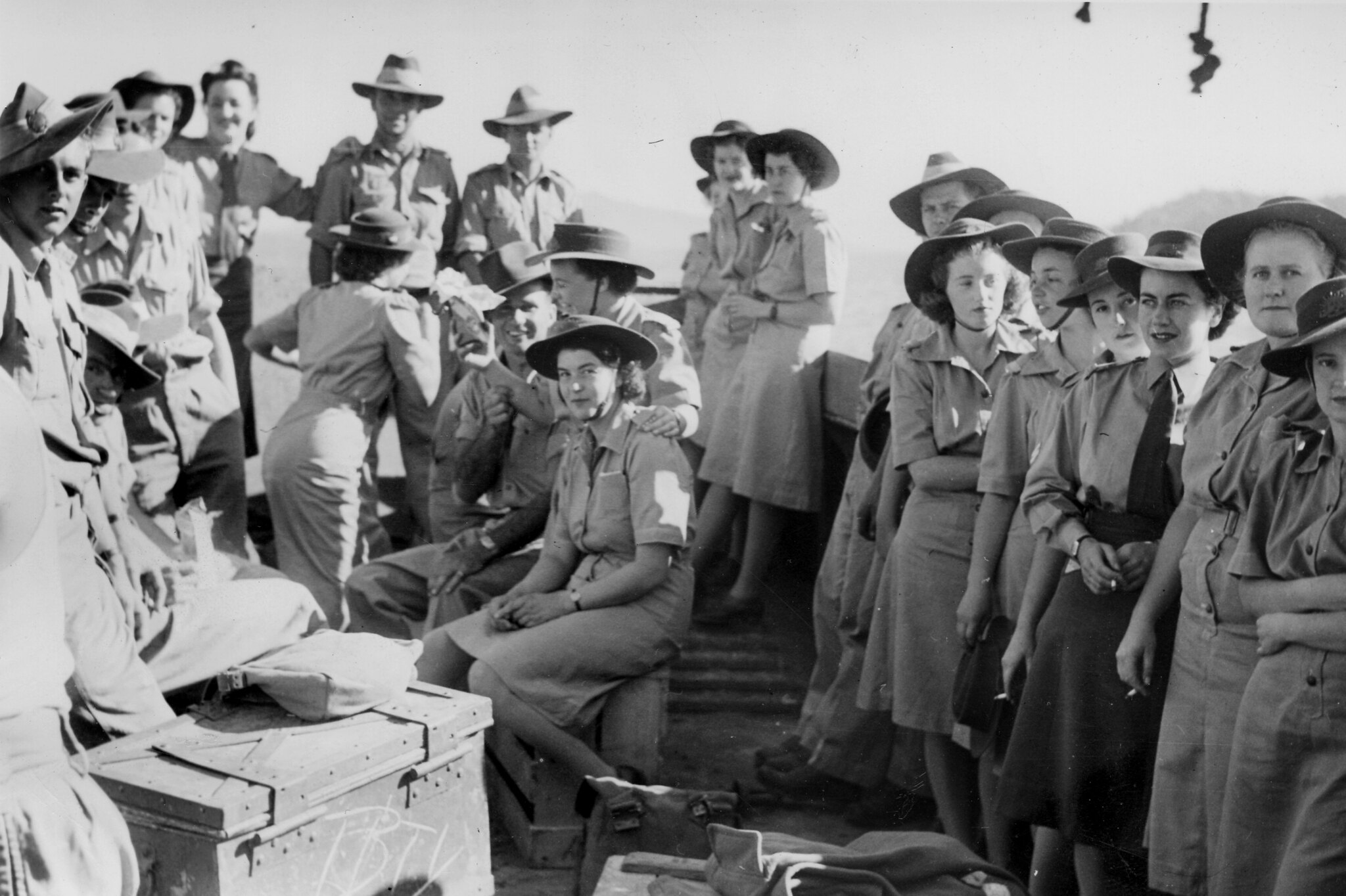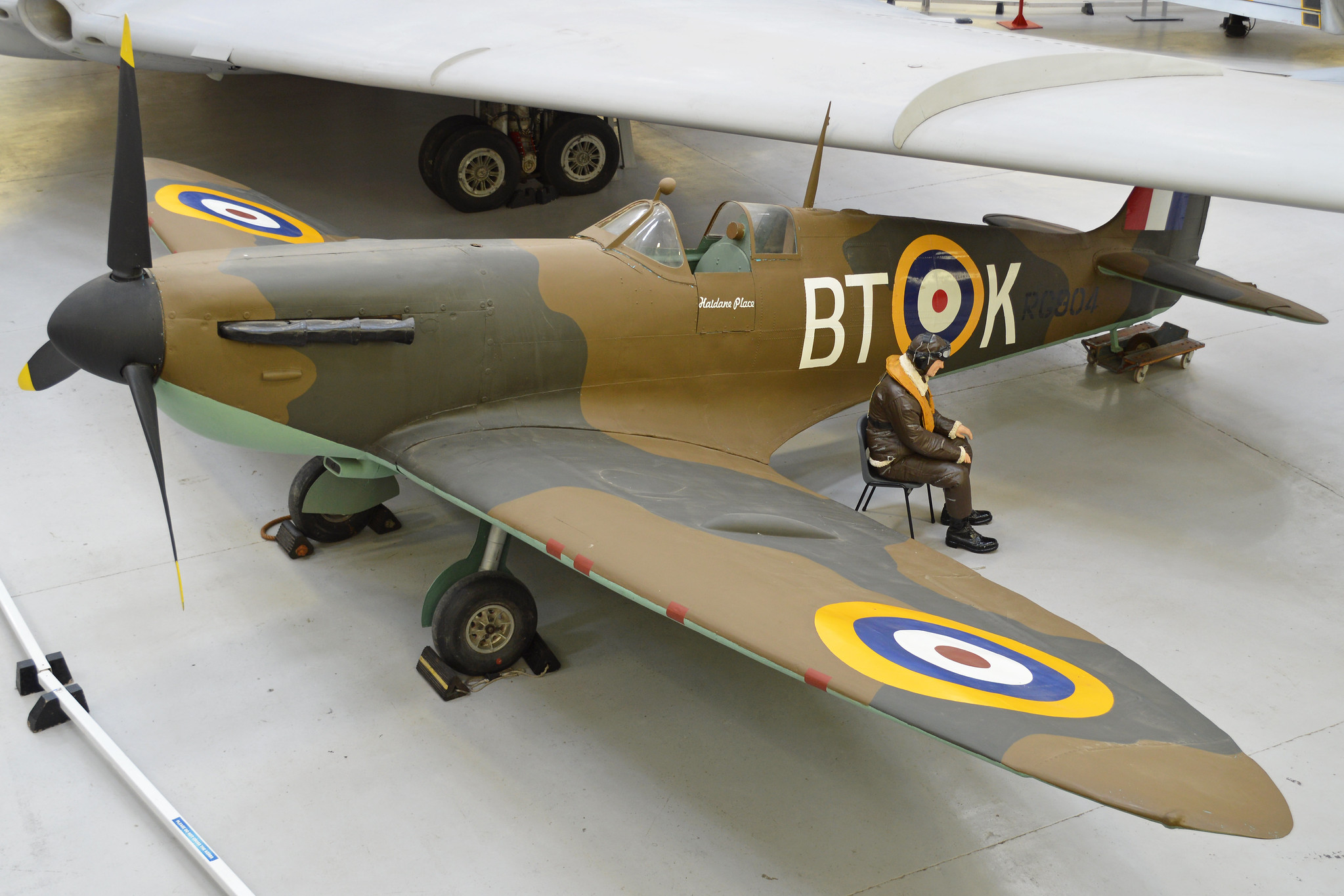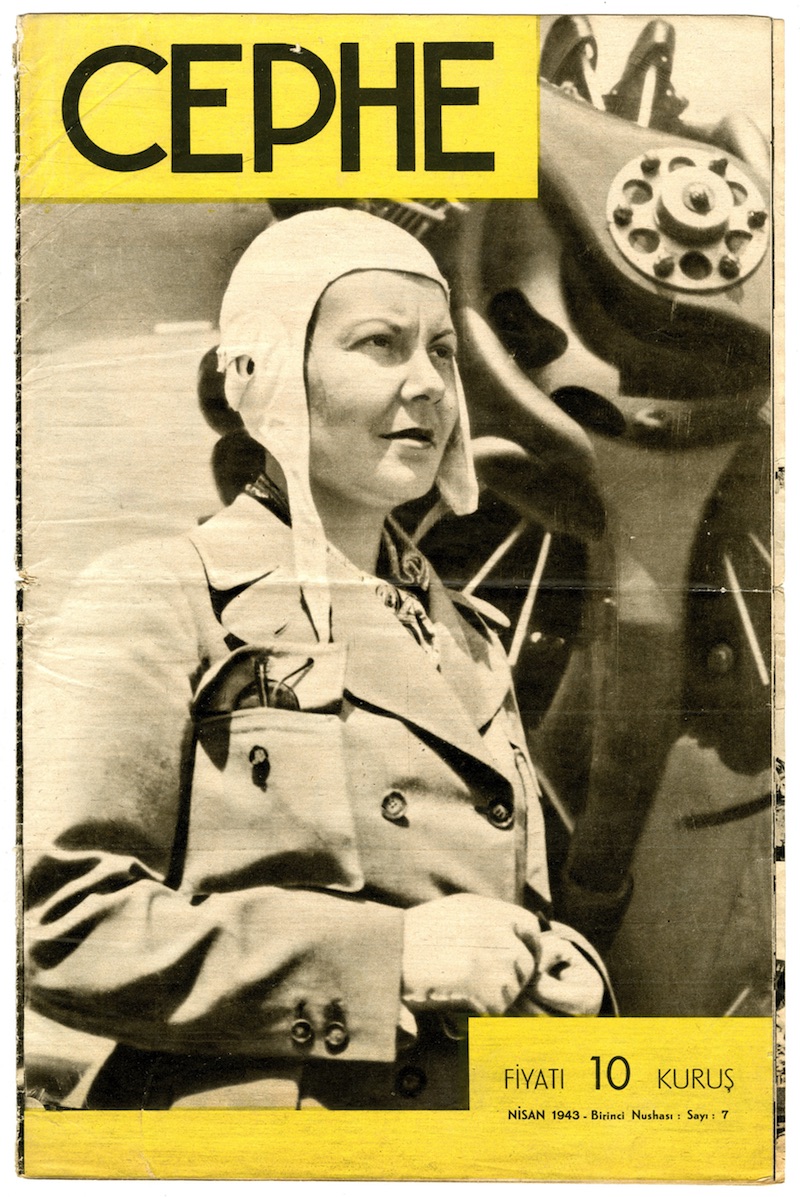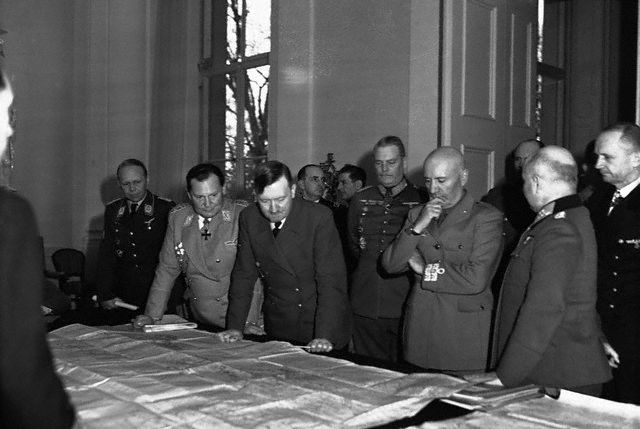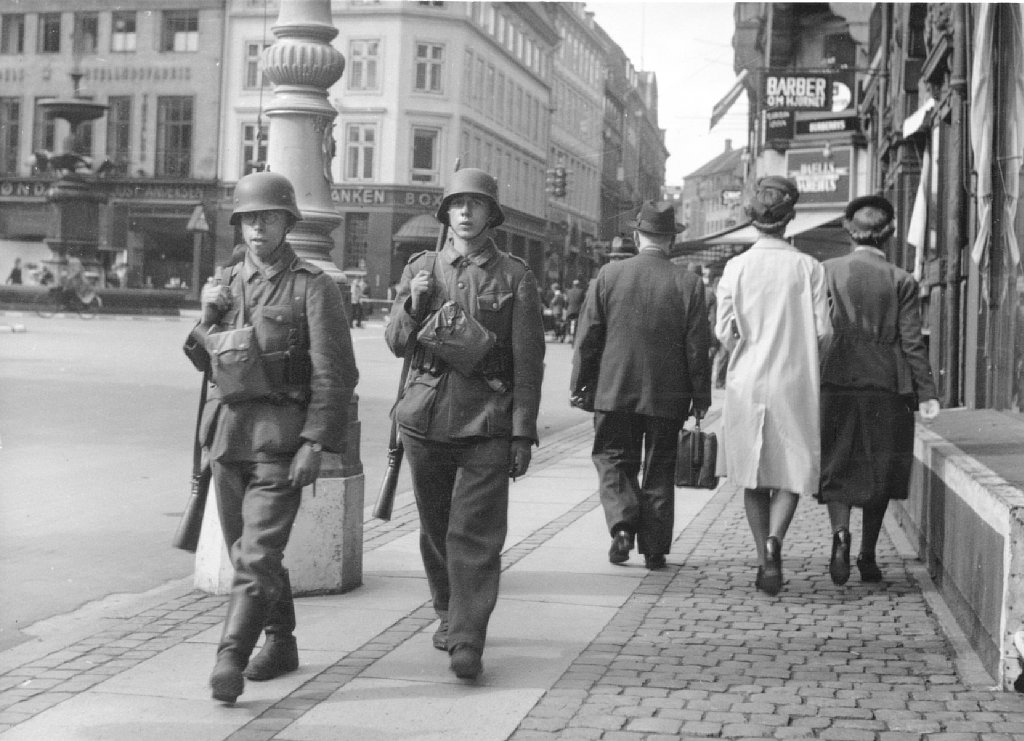Written by Tony Pratley.
The story of the Battle of Britain, when written down, almost always begins with a quote. It is not a rule, more a convention. ‘What General Weygand called the Battle of France is over. I expect that the Battle of Britain is about to begin.’ Winston Churchill’s famous declaration even introduced the opening title sequence of the film Battle of Britain (1969). Chroniclers in search of something less common do have plenty of choice. King George VI, ‘I feel happier that we have no allies to be polite to and pamper.’ Air Chief Marshall Dowding, ‘thank God we are alone now.’ Even Hermann Goering, ‘we’d forgotten the English fought best with their backs to the wall.’ Any one of these quotes will do and it will set the narrative agenda, telling the reader that the story to follow will be about an extraordinary episode in the life of an exceptional nation. It is an oft-repeated tale – a myth, a ‘memory’, a confection of fact and fiction. Whatever it is, though, is of little concern here. I am more interested in the story-teller. This is because, since the beginning of the 1990s, there have been more and more occasions when words won’t do. Such an occasion will be outdoors and involve a crowd numbered in the thousands, and then a Spitfire flypast will do very well instead.


